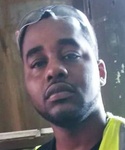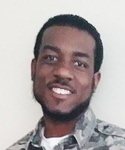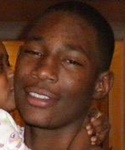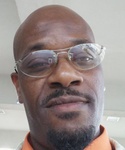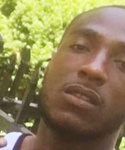
BY DANIEL KAY HERTZ
danielkayhertz.com
Mayor Rahm Emanuel reacted to Chicago’s particularly violent Fourth of July weekend as he, and many other public figures, have many times before. It’s one of my least-favorite bits of Chicago rhetoric.
Emanuel said gun violence plaguing the city must be addressed in a variety of ways, which he said included policing, tougher gun laws, more investment to help children in impoverished neighborhoods and instilling a “shared sense of purpose and values” in communities across Chicago.
Right: similarly, the Mexican drug war began in 2006 when Mexicans suddenly found themselves without a shared sense of purpose and values.
And the Capone-era violence unleashed by Prohibition in the 1920s might not have been so bad if Chicagoans had just felt themselves more strongly to be part of a purpose-driven community.
This slur — that violence could be prevented by the people who live in the neighborhoods it affects, if only they cared or tried hard enough — needs to end. For one, you only have to walk a few blocks in most of the communities most affected by crime in Chicago to see lots of indications that the people who live there — shock of shocks — are, in fact, “taking a stand” already.

You see signs like this all over the South Side. It’s almost as if black people like safe neighborhoods, too! Photo credit: Homicide Watch Chicago
But what makes this trope really sublime is the fact that neither mayors, nor police commissioners, nor the most esteemed criminologists, have more than the barest understanding about why crime goes up or down to begin with. Concentrated poverty and unemployment can’t help, of course, but consider that crime continued to fall or remain steady in Chicago and the rest of the country during the worst economy since the Great Depression. So people like Mayor Emanuel, faced with a problem he doesn’t know how to fix, instinctively reach to blame the people who are most brutally affected.
Of course, this slur wouldn’t work if we weren’t so eager to believe that people who are poor or non-white — the people who disproportionately suffer from crime - are somehow less civilized, less moral, less interested in their communities, than everyone else. But that’s a lie.
So is “take a stand.” End it.
— Daniel Kay Hertz is a University of Chicago student at the Harris School of Public Policy. He has previously worked as a middle school social studies teacher, a travel guidebook writer, a state representative campaign staffer and a community organizer in Chicago and Boston.
